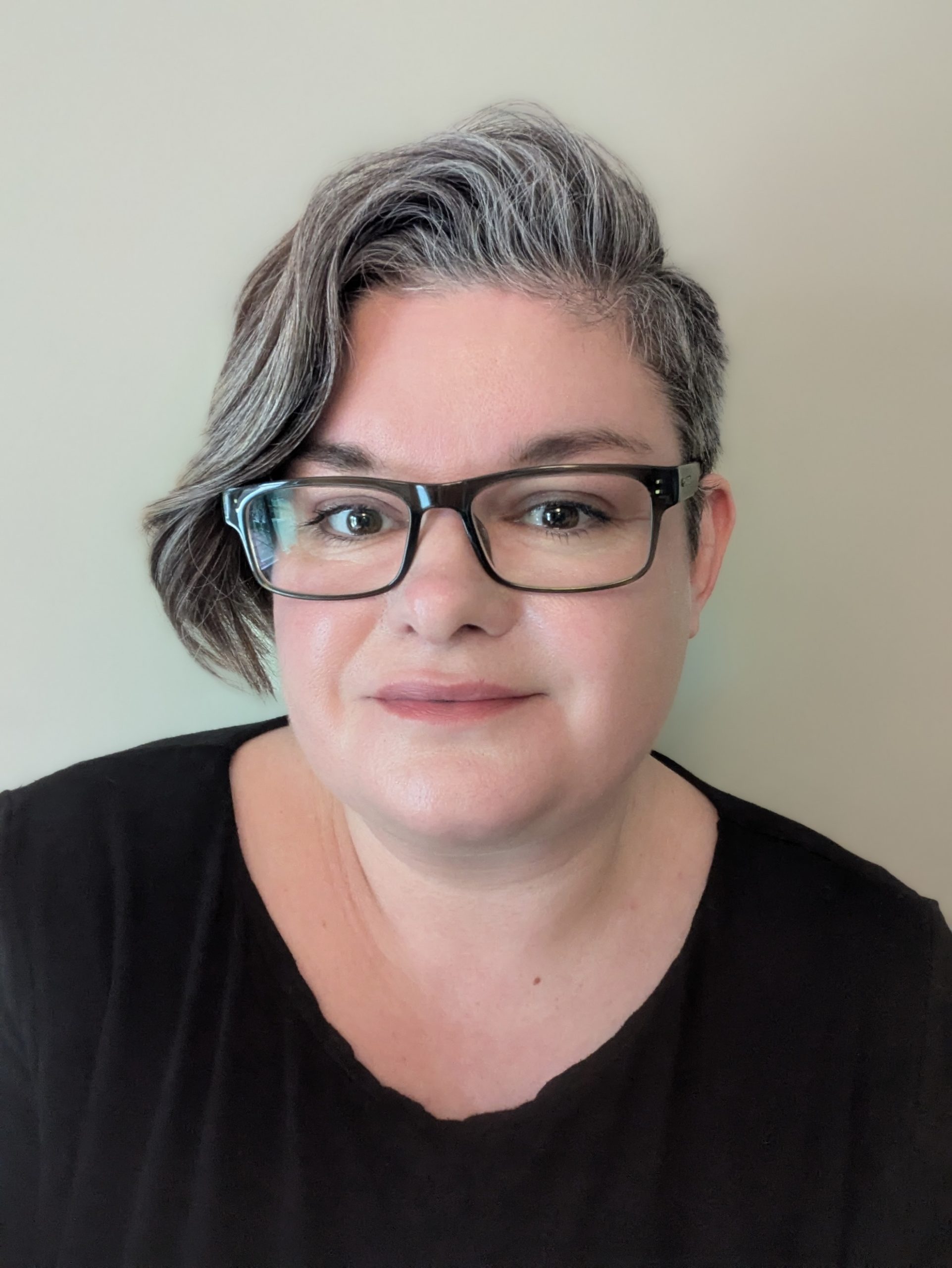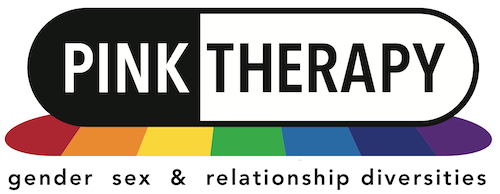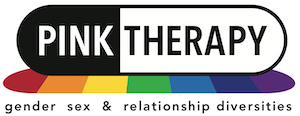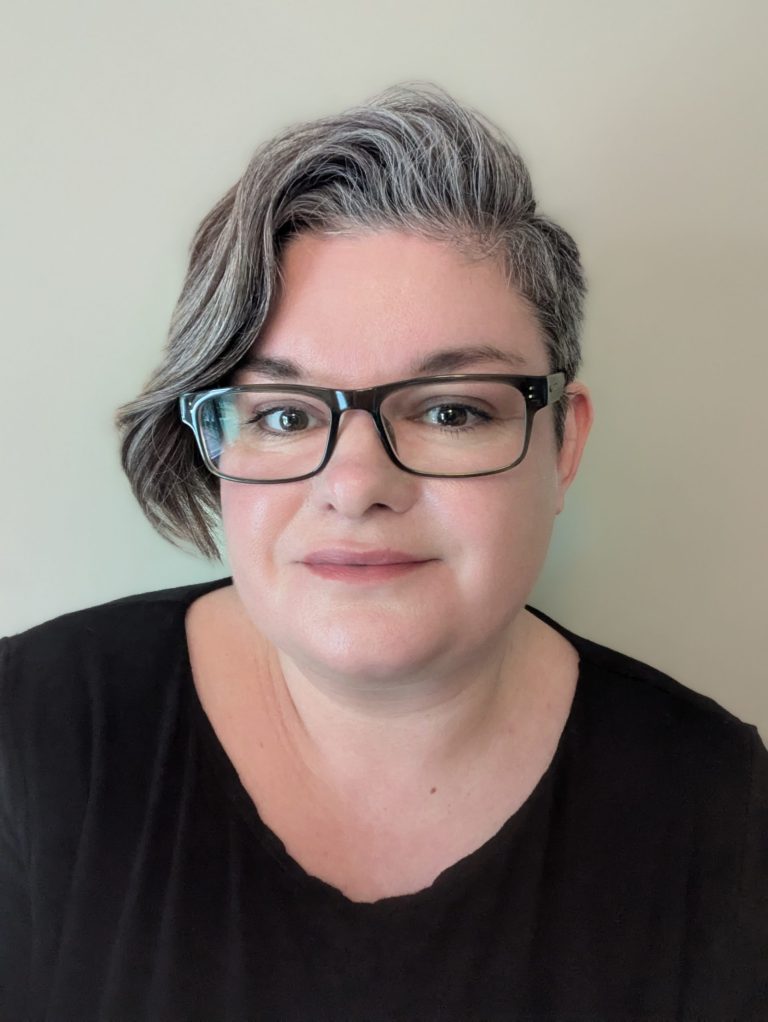Sian Renwick
About the Therapist
With climate change, systemic social and financial inequality, polarised political debate, the cost-of-living crisis, and more going on around us, life in the 21st century can be complex and challenging. For those of us who are neurodivergent, LGBTQ+, disabled, racialized, or otherwise marginalised, things can be even tougher.
Against this backdrop, prioritising your own well-being through counselling is a radical act which can help you develop self-compassion, address short- or long-term issues, and live authentically. I'd love to accompany you on your journey!
As a late-identified autistic and asexual, I've experienced firsthand the pervasive feeling of 'not fitting the mould' without understanding why that so many of my clients report experiencing throughout their lives. I know how transformative it can be to explore and find language for our ways of being and to share these without fear of dismissal or judgement.
I also believe it's essential for effective counselling to acknowledge the systemic oppression that marginalised groups face on a daily basis and that it's my ethical duty to inform myself about and to seek to oppose this in my work.
At the moment, my focus is on exploring and seeking to understand my own privilege and how this impacts my work as a counsellor. My aim is to develop an anti-oppressive, anti-racist, anti-ableist, and social justice-focused practice.
I may not always get it right and I'm committed to listening, learning, and improving when I do make mistakes.
- Other
One of the main bodies overseeing the work of counsellors in the United Kingdom is the British Association for Counselling and Psychotherapy (BACP). I'm a BACP Registered Counsellor (no. 396123), which means I've met their criteria for qualified therapists and work in accordance with their ethical framework.
I hold the Level 4 Diploma in Therapeutic Counselling - BACP Approved Practitioner Qualification, accredited by the Counselling and Psychotherapy Awarding Body (CPCAB) and I'm committed to continuing my professional development through clinical supervision, regular training, and self-study.
| Award | Awarding body | Year of award |
|---|---|---|
Counselling should provide a safe space for everyone, regardless of gender identity, sexuality, or relationship preferences. I strive to create a LGBTQ+ affirming environment in which all clients feel comfortable to bring their whole selves without fear of judgement, whether or not it's the key focus of therapy, and I have particular experience of working with trans and non-binary, asexual, and polyamorous clients.
As an autistic counsellor, I also work with a neurodiversity-affirming approach, which means I see neurodivergence as part of the natural range of human variation, and not something that needs to be fixed. A high proportion of my clients have intersecting queer and neurodivergent identities, and this is an area that I'm particularly interested in.
- Feminist therapy
- Humanistic
- Integrative
- Neurodivergent
- Person-Centred
- Ace | Asexual
- Consensual non-monogamy
- Neurodivergent
- Non-binary | Genderqueer
- Queer
- Trans
- One to one
- No adaptation
- Adults
- Seniors (60+)
- Online
- In Person
Deciding to start counselling can feel like a daunting commitment, both in terms of time and money, so I offer a free initial 30-minute consultation session. This gives you the chance to ask me questions about my approach and see whether it feels like a good fit, as well as exploring whether it's the right time for you to start counselling.
My standard fee is £70 per 60-minute session. As part of my commitment to a social justice informed practice, I offer a proportion of my slots at a reduced rate on a sliding scale for clients on low incomes or who are unwaged.
Sorry, no records were found. Please adjust your search criteria and try again.
Sorry, unable to load the Maps API.



